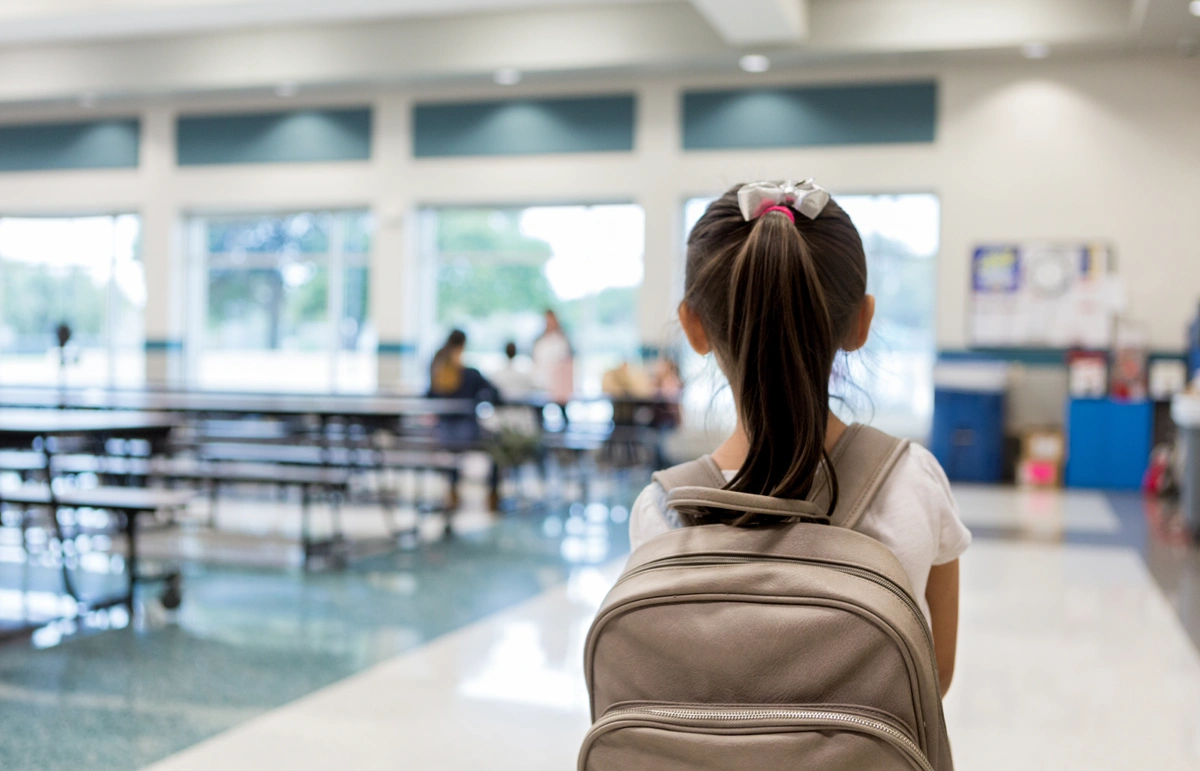Large numbers of children in developing countries attend private rather than government schools. We explain how governments regulate private education.
Many children across the developing world attend low-cost private schools. Large cities, in particular, often have high levels of private school enrolment; surveys, for instance, suggest that 70% of children in Lagos, Nigeria, attend private schools, along with at least a third of children in Karachi. Even in rural areas, enrolment in private schools is often substantial.
For governments, private school enrolment presents a number of challenges. Most studies suggest that private schools outperform their government counterparts. While most governments try to regulate the sector, there is also considerable evidence that government regulations often do more harm than good. For instance, unrealistically high standards (some legislation requires all schools to have large playgrounds, impossible in the dense urban communities these schools often serve) often simply force these schools into the black market or the arms of corrupt officials.
While the first rule of regulation must always be to "do no harm", the case for good regulation of private schools is strong.
Governments need to focus more on providing information and intervening in the worst schools, rather than trying to enforce standards around inputs.
In particular, they need to focus on four major challenges.
It is difficult for parents to judge school quality, creating potential market failures
Evidence from a range of sources suggests that the perception and the reality of performance are often poorly correlated. For markets to function, governments need to help address this imbalance by providing good information on school performance. Dubai, for instance, provides parents with regular objective assessments of the performance of every school in the system.
It is hard for parents to leave failing schools
While a range of studies suggest that parents, including the poorest, are highly active in making choices about schools when choice is available, leaving a failing school can be hard. Children can be reluctant to leave networks of friends, while for parents the decision is often difficult. Governments need to aggressively intervene in failing schools to ensure that closure or turnaround is rapid.
High switching costs suggest a case for fee regulation
Some schools take advantage of high switching costs by manipulating fee policies. Once children are enrolled in a school, parents are often forced to accept fee increases due to high switching costs. While governments need to tread carefully in a difficult area, there is a case for regulation of fees charged by private schools.
Barriers to entry are high
Most importantly, barriers to entry in the private school sector are generally high. High investments and the long time required to reach full-time enrolment means that it can take up to ten years for schools to turn a profit, preventing many potential players from entering the market. Regulations are often hard to comply with and space for schools is scarce. Those barriers mean that government cannot assume that truly competitive markets exist in all cases.
While no regulation is better than bad regulation, governments should strive for regulation that promotes rather than limits the market and wherever possible focuses on reducing unnecessary barriers to entry and improving information.



